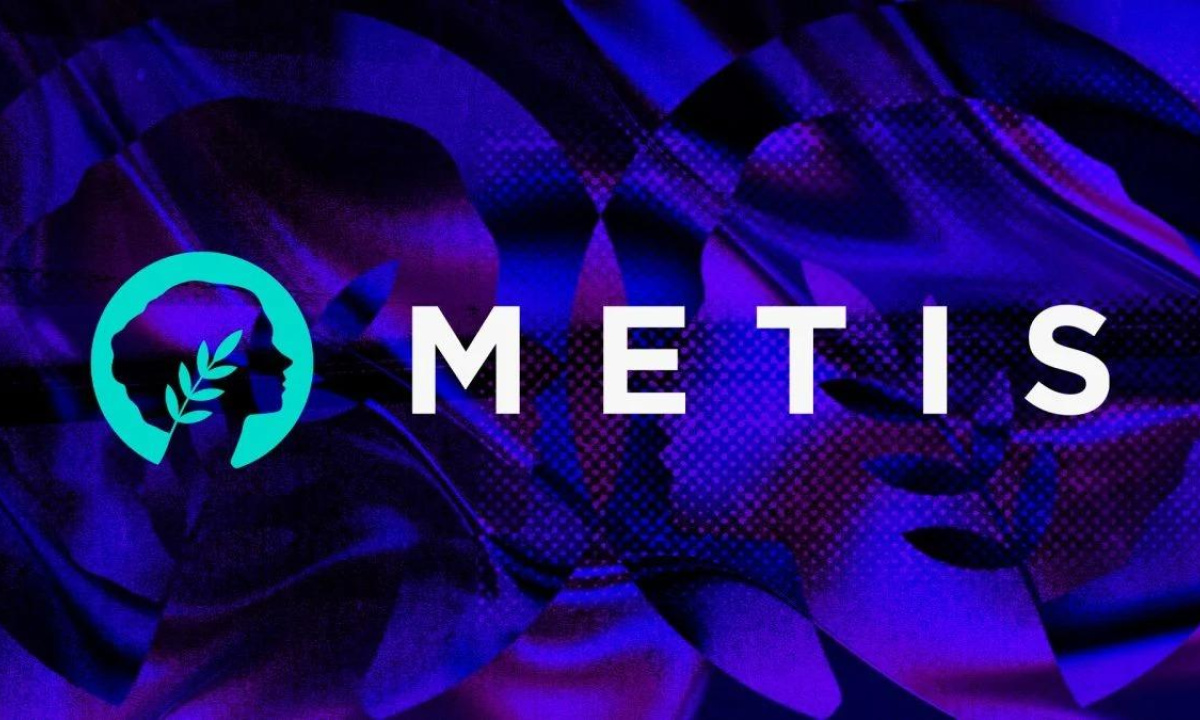- The DAPP Network Hackathon organized by LiquidApps whittled its 44 entrants down to three winning teams
- All three teams are heavily involved in the EOS ecosystem and are passionate advocates of the blockchain scaling solution
The DAPP Network Hackathon organized by LiquidApps whittled its 44 entrants down to three winning teams, BCS Germany, Blockstart, and Onessus, before crowning the latter as winners. All three teams are heavily involved in the EOS ecosystem and are passionate advocates of the blockchain scaling solution that the DAPP Network provides. Perfect candidates, in other words, for jousting it out for the title of hackathon winner. Along with serious bragging rights came serious prize money too, with a prize pot of $50k shared between the best teams.
The second runner up prize went to BCS Germany for their LiquidGalaxy concept for randomized, nature-like growing galaxies on EOSIO and the DAPP Network. First runner up prize went to Blockstart for their centralized exchange EOS resource lending proposal, while the grand prize was awarded to Onessus for their esports concept.
The first and second placed teams, Onessus and Blockstart, were interviewed following the event, the highlights of which can be found below, together with a summary of their background. Here’s what you should know about the two top-placed finalists: their teams, their tech, and what makes them tick.
Onessus
Despite numbering just three, the winning Onessus team aren’t lacking in ambition or in practical skills. Led by front and backend developer Dante Scott, together with graphic designer Chuck MacDonald and network architect Jon Scott, the trio proposed a refreshingly original use case for the DAPP Network, leveraging it to create a global esports community.
Their plan went something like this: Discord is the world’s largest gaming community, forming a hub where millions of gamers hang out and interact. If there were a way to harness its network effects to drive gamers to a new platform tailor-made for their interests and aptitudes, beautiful things could happen. To achieve this, Onessus proposed using LiquidEscrow, a feature it engineered specifically for the DAPP Network, and which has numerous applications beyond esports. Here’s what they had to say:
What is the problem that you’re trying to solve?
Fundamentally, ecommerce fraud, which is a $60B problem annually. With this specific project, we wanted to solve fraud in the realm of esports. Millions of players daily compete in ‘black-market’ wager matches where funds are handled through PayPal, which results in massive amounts of chargebacks. We think using escrow to power an esports league would solve this, as well as open a new world of opportunity for gamers of all skill levels through tokenomics.
Can you tell us about what you’ve managed to accomplish during the hackathon?
We developed a fully functional prototype, deployed on Kylin, of our submission with three titles and 10 leagues supported. However, since the end of the hackathon we have already thought of a bunch of new features to make the public GEEC launch even more exciting than the version developed for the hackathon. The mainnet version will support hundreds of leagues, and will continue to add them as requested by our community.
We already have a working product; the next steps will be polishing the economic model, integrating a team-building mechanic into the smart contract, and testing to prepare for mainnet launch.
Blockstart
Comprising a quintet of DAPP Network enthusiasts with a penchant for tinkering with dApps and pushing the boundaries of their technical capabilities, Blockstart is led by Raman Bindlish. With a background in backend development and game design, he’s ably qualified for a hackathon of this nature, and ably served by his teammates, whose skills include a mixture of front and backend development.
Blockstart’s proposal for the DAPP Network Hackathon is conceptually simple, albeit trickier to implement: a centralized exchange (CEX) to facilitate EOS resource lending. EOS Resourcer Exchange (REX) is one of the strongest defi use cases to have emerged within the EOS ecosystem, but like so many decentralized finance projects, it’s hamstrung by a lack of liquidity. One of the reasons for this is because more than 50% of all EOS tokens are believed to be locked up in centralized exchanges.
Embodying the old aphorism “if the mountain won't come to Muhammad, then Muhammad must go to the mountain,” Blockstart proposed creating a resource lending platform within the centralized exchange framework. To facilitate this, LiquidAccounts are used to provide “on-chain” accounts for CEX users, giving utility to the EOS locked up on centralized exchanges. Here’s what they had to say:
What is the problem that you’re trying to solve?
We have been seeing significant protocol level limitations in EOS and some discontent in the community with recent CPU unavailability for dApps. Also, we saw that it is almost impossible to bring all token holders to participate in the REX defi solution without bringing centralized exchanges into the mix. The DAPP Network Hackathon was a perfect opportunity to do something and try to find a solution.
Can you tell us about what you’ve managed to accomplish during the hackathon?
We started out with an ambitious goal to resolve some major EOS protocol level issues like limited resources available in REX (less than 10%) and a significant portion of EOS tokens (almost 50% as per some estimates) from exchanges in EOS system defi as well as governance (voting). Using LiquidApps technology, we managed to build a very low overhead and low cost prototype that can be deployed in a real exchange and bring a huge shift in participation of EOS token holders.
What are the next steps? Will you develop an actual product, or it is just a proof-of-concept?
We have developed all the code in open source and it is available for anyone to deploy. We are more than happy to work with any exchange that wants to bring this solution to their users. We are hoping that EOS community will use this as an example and help us take it forward.
A Resounding Success for the First DAPP Network Hackathon
By whatever metric it’s measured, the maiden DAPP Network Hackathon must be chalked up as a firm success. The event attracted no less than 44 teams made up of 234 participants from 40 countries. 20 mentors and five judges provided mentoring and adjudication respectively, resulting in the disbursement of $50,000 in prizes. There are high hopes that the winning and runners-up submissions by Onessus, Blockstart, and BCS Germany will be further developed, leading to their real world implementation.
The DAPP Network Hackathon showed that there’s more than one way to scale a blockchain, remove barriers to mass adoption, and improve user experience. Although focused on the EOS and DAPP Network ecosystem, these are lessons that can be applied to all blockchain projects.
Investment Disclaimer







